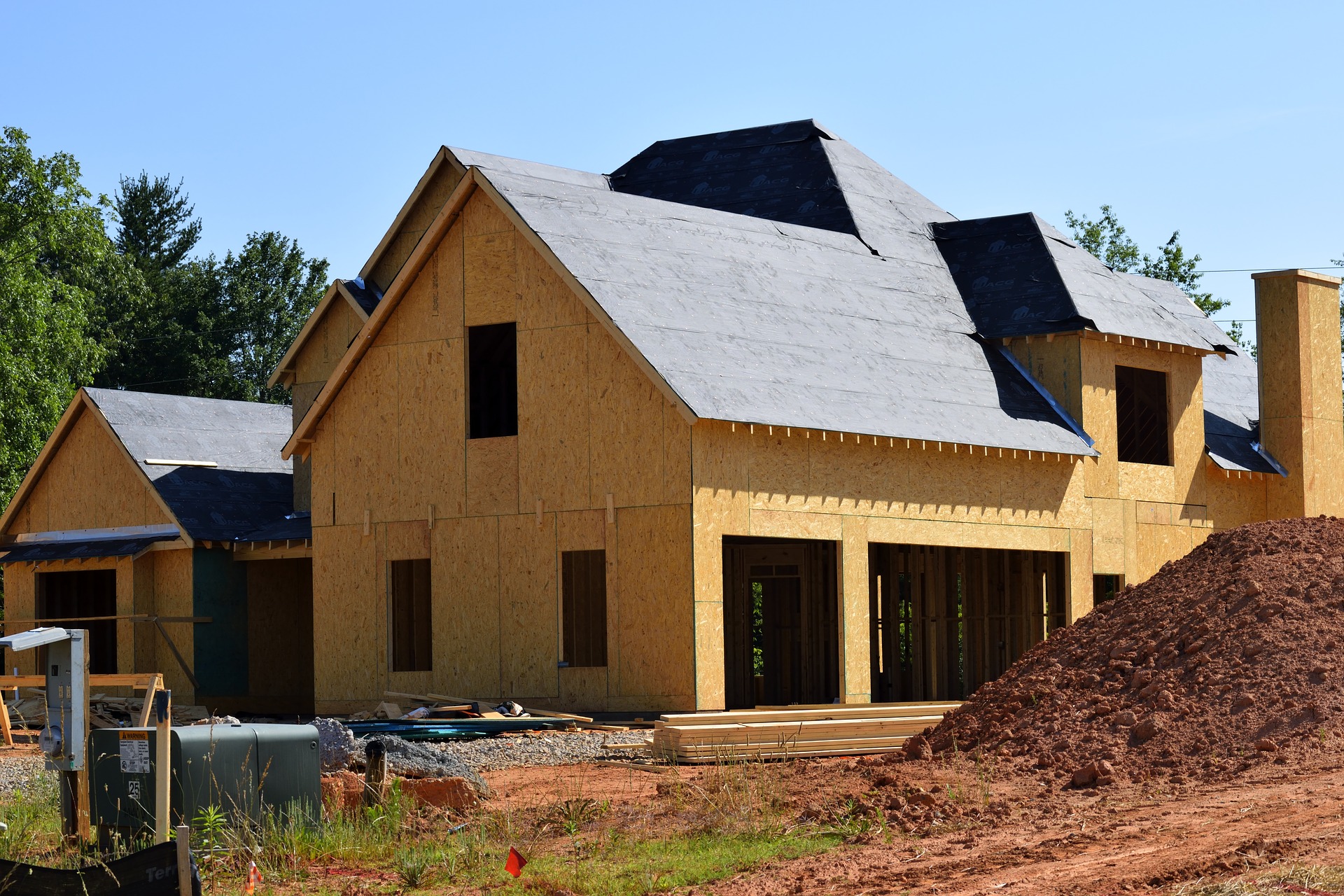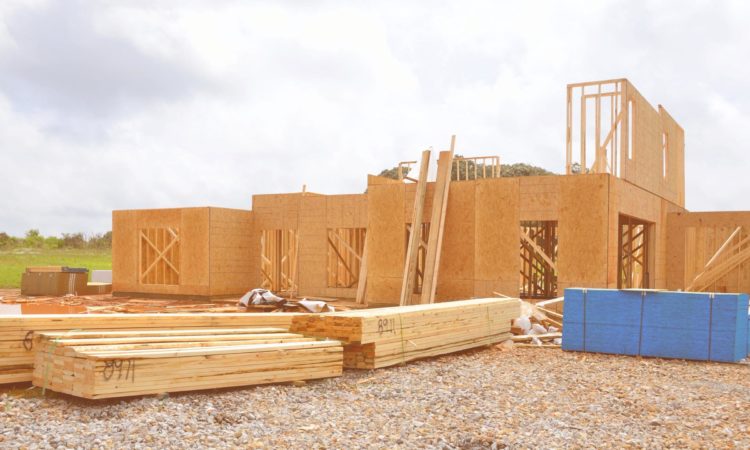Welcome back to #FinanceFriday as we continue with our focus on Managing debt.
As promised last week we will focus on housing loans/mortgages this week.
Before I delve into housing loans though, let me give some brief information on education loans.
- Education loans: You may be someone who has already entered the work force and want to further your education in the absence of a scholarship. The options available to you are work and study (I don’t envy those who choose this path), resign or be among the few to be blessed with study leave from their place of employment. Whichever your choice, education isn’t cheap and therefore you may need a loan to finance your education. There are a few organisations that will defer payments until you have completed your studies, but the more common practice is that you pay interest only during the study period and the full payment commences upon completion of studies. For those both working and studying, making the full payment immediately may be more beneficial than deferring principal payments. If you are granted study leave and have planned in advance for your studies, it is advisable that you save as much as possible in order to cover interest payments and possibly other expenses, unless you have someone that can cover the payments on your behalf in your absence. Poor planning and ill-discipline can seriously affect your ability to complete your education. I have seen firsthand how many students leave the Caribbean and get caught up in the North American life style and before you know it, they use their funds for education on everything else but school eg. Clothes, cell phones, cars, restaurants etc. Be focused, spend wisely, and even though your loan agreement may stipulate interest only payments, if you can afford it, begin making small payments to the principal; in the end you will be better off.
- Housing loans: Generally, after your education, a home is your most expensive investment. The property in most cases provides the security for the loan taken to construct the building. The mortgage is the document/agreement/contract which gives a financial institution several rights e.g. the right to repossess, sell and transfer etc. in the event of default. Before attempting to borrow for your home several factors MUST be considered.
- Affordability: Consider carefully your salary/income, what is your current disposable income and what are your opportunities for a higher salary in the future.
- Current expenses as well as future expenses-If you are currently renting/living with a relative, then you do not have the burden of paying many of the expenses associated with owning your own home e.g. house insurance, maintenance, property tax. This must be added to utilities and all the other regular monthly expenses. If you are renting and a pipe bursts you call your landlord, if it’s your home, the burden is on you to fix it.
- If for some reason you lost your job, do you have enough savings to be able to maintain yourself as well as cover your loan payments for at least six months.
- How marketable are your skills in the event of job loss.
- If you are doing the loan with another party and the loan payments are shared, would one salary be able to cover the loan payment in the event of death or separation.
- Can you afford the loan payments and still be able to maintain a comfortable standard of living i.e taking occasional vacations, dining out, sickness, children’s education etc.

It is always advisable to speak to your loans officer who will advise on how much funds you can qualify for based on your income and the institution’s policies before engaging a contractor/architect etc. This will save time and money. After the above are considered, you must also consider obtaining a reliable contractor/ builder. Be sure to agree on what is to be built with your contractor and ensure that you and he stick to the agreement. Changes can be costly and result in delays. Seek clarification from your loans officer if you are unclear about anything. Monitor the progress of your construction, question your builder, seek advice if you are unclear. Be sure to specify finishings eg. Lighting, tiles, doors etc to be used in your home. Many contractors will give basic costing for these items in the estimate and if specific discussion is not held as to what the home owner wants, when it comes to purchasing and installation it can result in cost over-runs. Remember, it is highly likely that you will only build one home in your lifetime, be sure it is the one you want.
As it relates to your loan repayments, remember the longer the period, the lower the payment, but also the higher the interest cost to you. Eg. A loan for $250,000 for 20 years at 5% will result in a monthly payment of $1,650 and interest cost of $145,973.00. The same amount for 25 years will result in a monthly payment of $1,465.00 but will cost $188,442.00. Therefore avoiding the additional monthly payment of $185.00 will result in interest costs of $42,469.00 over the additional 5 years.
Generally when it comes to making additional payments on housing loans people view it as impossible, because they believe that in order to reduce the interest cost to them they have to double their monthly payments. Nothing could be further from the truth.
Come back next week to learn how…….
Have a great weekend, Gerlan.

